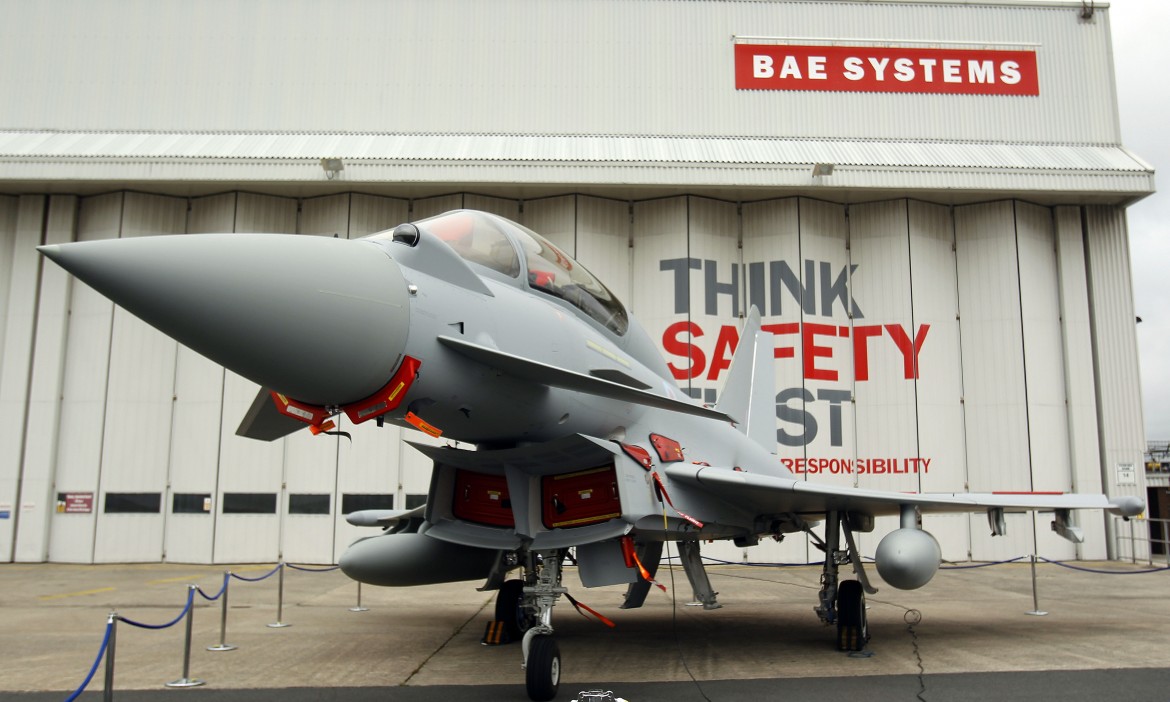Middle East
Lebanon close to the brink
Sunni and Shiite factions in Lebanon are trading accusations on the brink of political crisis over Saudi Arabia’s decision to suspend $4 billion in military aid.

If King Salman of Saudi Arabia was trying to re-ignite a dangerous confrontation by blocking $4 billion promised to the Lebanese army and police, then he has certainly achieved his goal.
Lebanon, with the Syrian Civil War raging at its gates for five years, is once again plunged into a devastating political crisis with unforeseeable consequences. This comes just as opposing parties reached an initial agreement on the appointment of the new head of state (pending since 2014), a resounding reconciliation after 30 years between the two Christian leaders Michel Aoun and Samir Geagea.
Riyadh announced its decision last Friday in response to Lebanon holding the Iranian line on foreign policy. Since then, the anti-Syrian government and pro-Western “March 14 Alliance,” led by former Sunni Prime Minister Saad Hariri, and the “March 8 Alliance,” which supports Damascus and is controlled by the Shiite movement Hezbollah, have returned to exchange harsh accusations.
Further undermining precarious government stability, Justice Minister Ashraf Rifi resigned on Sunday. The Hariri man, close to the Saudis, said he could not “be part of a government dominated by Hezbollah.” He added that the foreign policy of Lebanon is not adhering “to the Arab consensus” (against Iran) established by the last Arab League summit, and he urged other ministers to resign.
For his part, Hariri, who has Saudi citizenship, warned that “insults” made against Riyadh and Gulf petro-monarchies will fall on those who made them and guaranteed that “no one will be able to change the Arab character of Lebanon.”
In the “March 14” crosshairs is Foreign Minister Gebran Bassil, a member of the Free Patriot Movement, Aoun’s party allied with Hezbollah. Bassil is accused of having taking “ambiguous” positions on several occasions and of not explicitly condemning the attack on the Saudi embassy in Tehran earlier this year, following the Saudis’ beheading of Shia cleric Nimr Nimr.
Bassil yesterday during a fiery cabinet meeting chaired by Prime Minister Tammam Salam — which ended with an urgent request to Riyadh to reconsider its decision to freeze the $4 billion — insisted he had condemned the attack and recalled that Lebanon has maintained a position of neutrality in the Syrian Civil War.
For the Saudi’s, Lebanon’s neutrality is precisely the point. King Salman, coming to terms with his country’s growing deficits, has no intention of giving $4 billion to a country that does not openly support its strategy in the region. It also does not acknowledge most of the support it receives from the March 14 Alliance and the Hariri family.
By halting the security money, Salman strikes deep at the Lebanese Armed Forces, inciting them to blame Hezbollah for costing them funding. The Saudis’ billions are needed to buy weapons, equipment and vehicles from the French (King Salmon’s gift to his ally François Hollande in the common fight against Bashar al-Assad). The supplies would help modernize the Lebanese Army, which monitors the Syrian border with meager resources. It has already paid a heavy toll from incursions by al-Qaeda, al-Nusra Front and other jihadists operating along the border between the two countries.
It is no coincidence that Hezbollah promptly accused Riyadh of supporting terrorism by depriving the Lebanese military with the means to defend the country. One Hezbollah leader, Nabil Qaouq, warned that Saudi Arabia “will not be able to change the identity of the Lebanese Army.”
Making King Salman’s revenge less sweet is the Obama administration’s attitude. State Department spokesman Mark Toner, without commenting on Riyadh’s decision, confirmed the U.S. would send money to Lebanon. “We’re going to continue our support to the Lebanese armed forces and security services,” Toner said, adding, “We’ve given some $1.4 billion since 2005, and that support will continue.”
Originally published at http://ilmanifesto.info/libano-vicino-al-baratro/ on 2016-02-23
